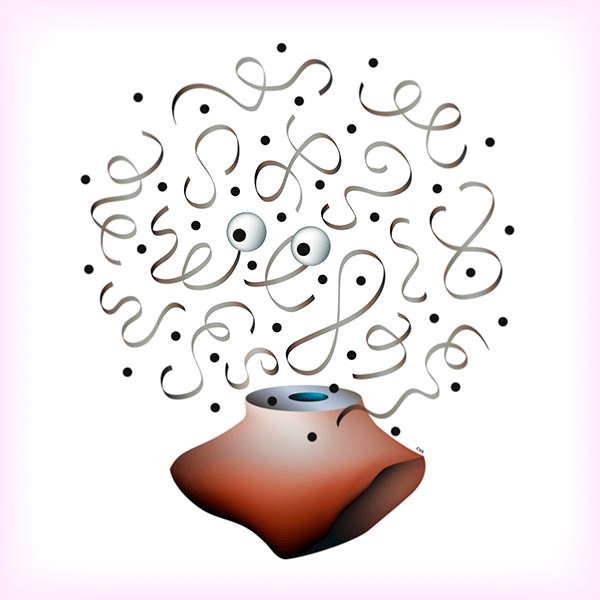A few thoughts on solving urgent problems the long way.

How many times have you seen a headline that was something along the lines of, “study shows that getting hit by a rock on the head is bad for your health” and thought to yourself: why did anyone bother? We already know the answer!! See the video below for a great example of what I mean, courtesy of The Onion.
All I can say is: I feel your pain. While I write about a lot of different things, most of my research is focused on one topic: how poverty and substance use intersect to cause people to die. I think a lot about overdose these days, for obvious reasons: over the past five years, over 100,000 people have died of overdose across North America. It’s a staggering number, recently dwarfed by the number of deaths from COVID-19 in the United States ( which at last count was almost at 750,000, which is truly horrific). The difference, though, is that stopping COVID has radically altered society: we’ve by and large changed the way we live in an effort to stop people from dying, while the pandemic has spurred incredible scientific discovery (learn all about that in my upcoming book, The Invisible Siege). But what’s been done to stop people from dying of overdose? Basically nothing.
The disparity between how society has reacted to the two epidemics – COVID-19 and overdose – is shocking. But it’s also revealing about the different ways in which science can be used as a tool for change. With COVID-19, the central scientific problem was pretty straightforward: figure out what the virus was, and then create vaccines and antiviral treatments that could stop it from spreading. The overdose epidemic, though, doesn’t require fancy new discoveries to prevent people from dying: it requires that society treats drug use differently, and crafts policies that change how we collectively treat drug markets.
Because we basically know how to stop people from dying of overdose, ending the overdose epidemic is arguably the harder scientific problem: it can’t be solved through discovery. Instead, scientists need to find a way to challenge accepted orthodoxy that sees drug use treated like a moral failing.
I spend a lot of my days doing exactly that. It’s a lot of incrementalism: running studies that show that arresting people doesn’t actually stop them from using drugs. Or showing that people don’t die of overdoses if they’re allowed to inject in places where they can be supervised by medical professionals. A lot of the work can sometimes feel like stating the obvious using the most absurdly resource-intensive way possible. But the fact is that the scientific method is one of the most bulletproof ways of showing truth to the world, even if that truth feels self-evident.
With the COVID-19 pandemic, the world understood that delays meant death. That’s why vaccine trials were run as quickly as possible while maintaining rigorous protections to ensure safety. That’s evidently not the case with the overdose epidemic. So for those of us doing science to try to stop people from dying of preventable overdoses, we’re trying to do two things at once: make a scientific argument for urgency, and then enact the complicated solutions that we know will stop death. It’s all slightly crazy-making, but all we can do is use the tools that we have to do the work the long way.